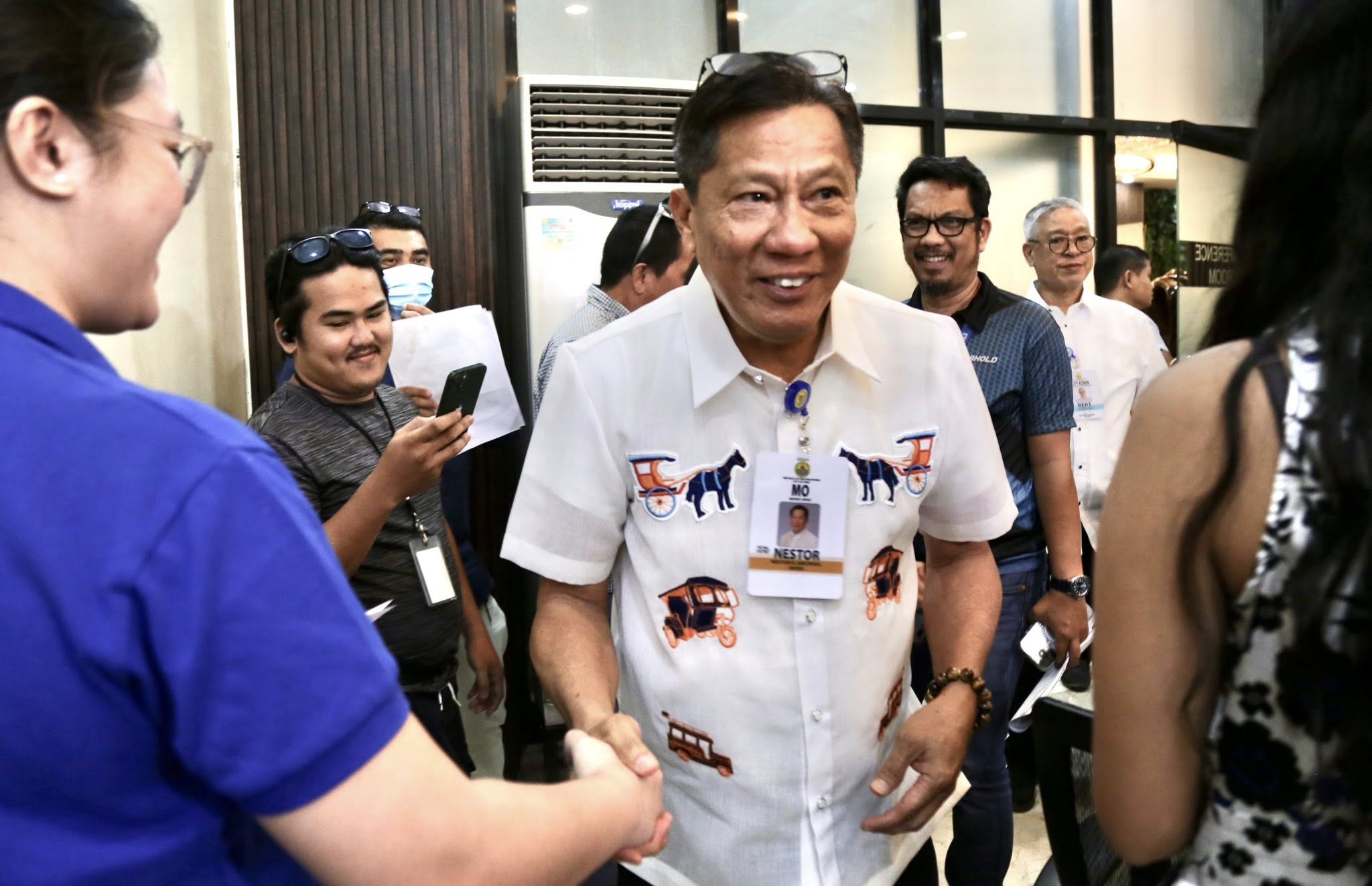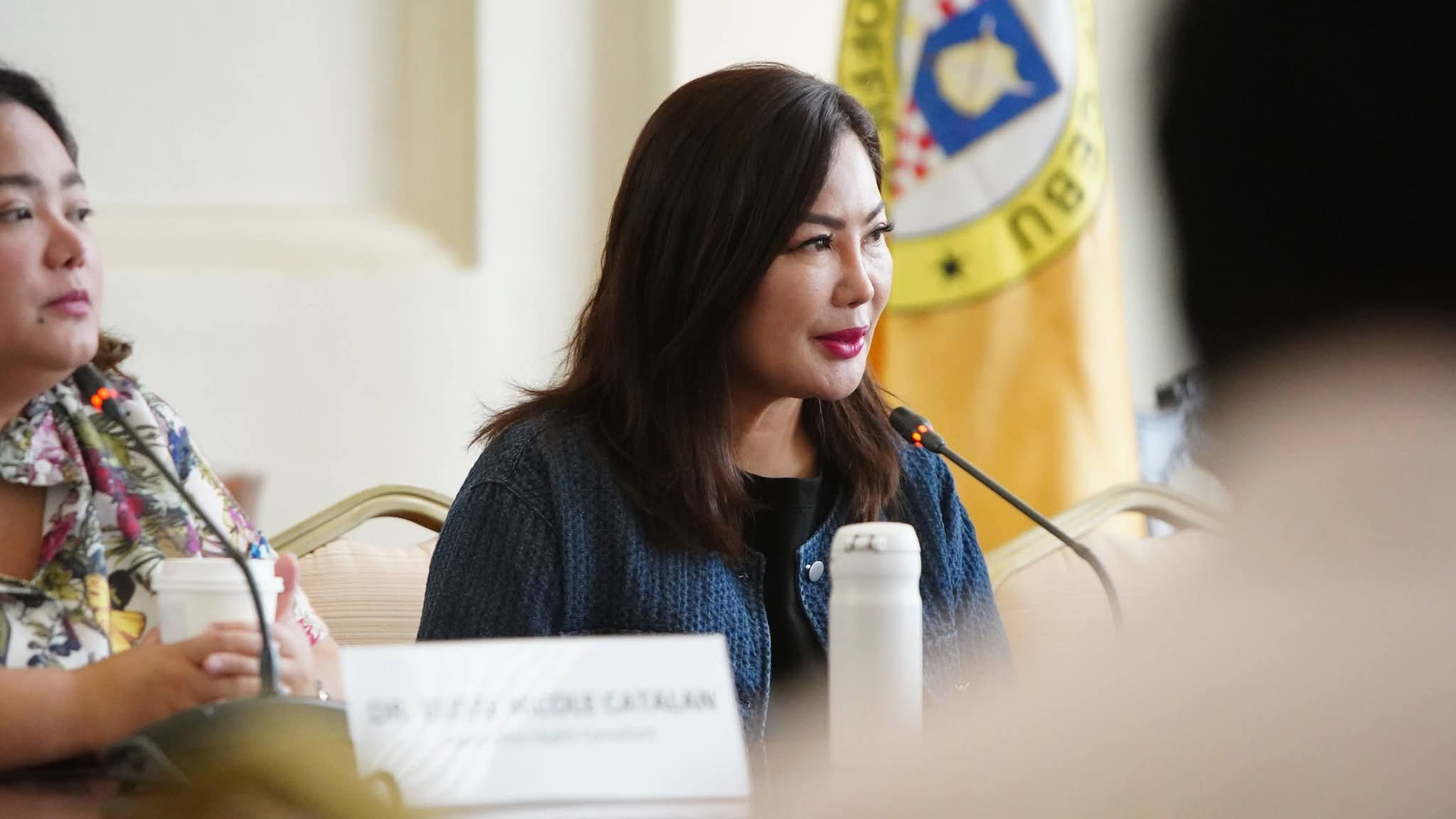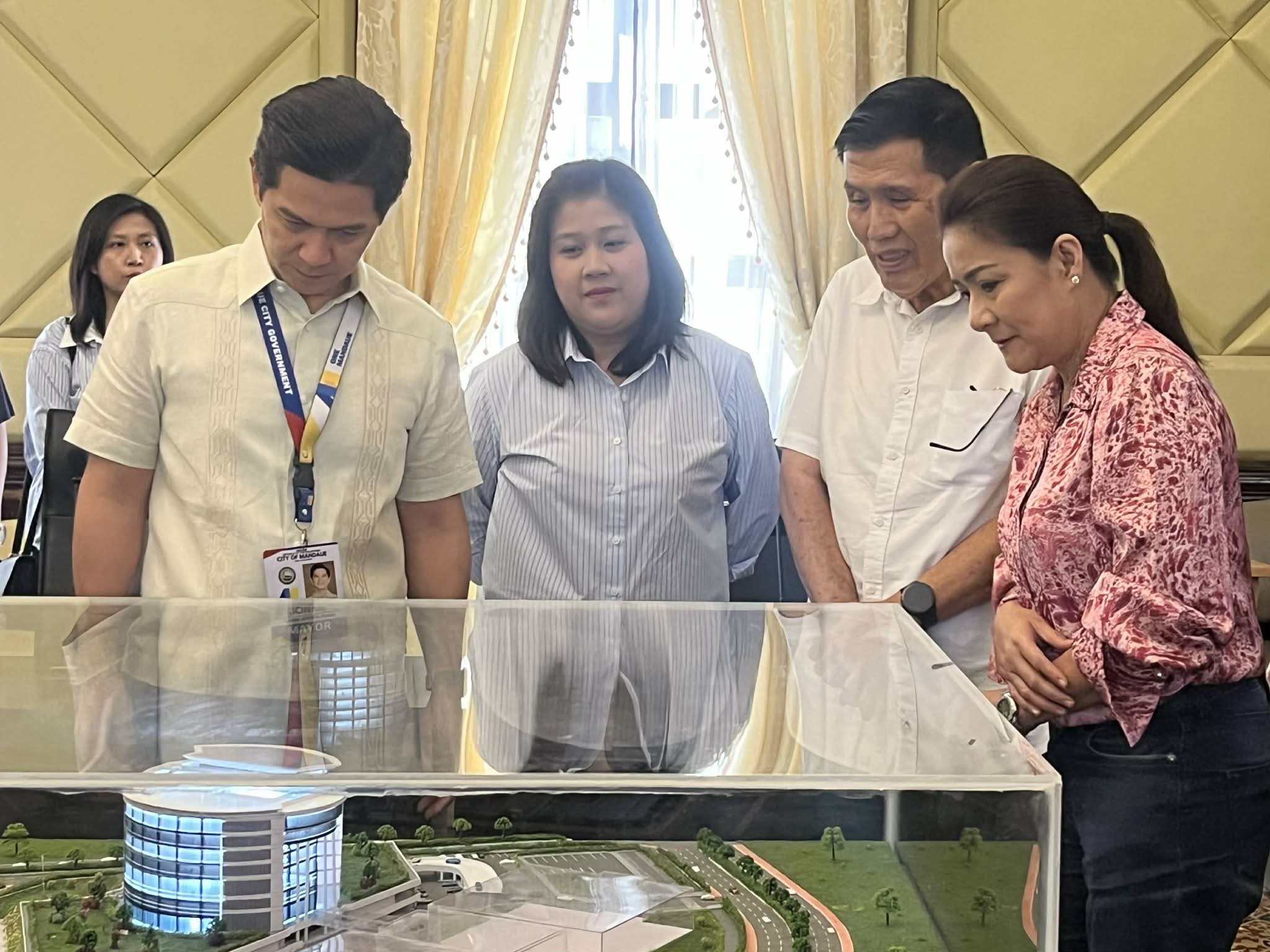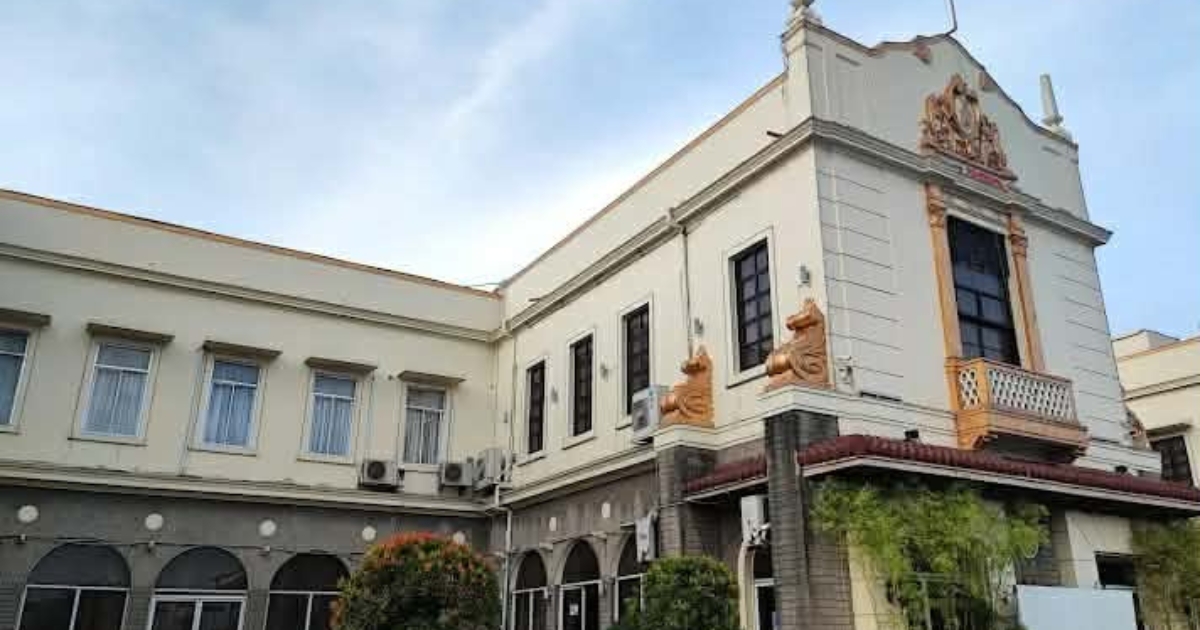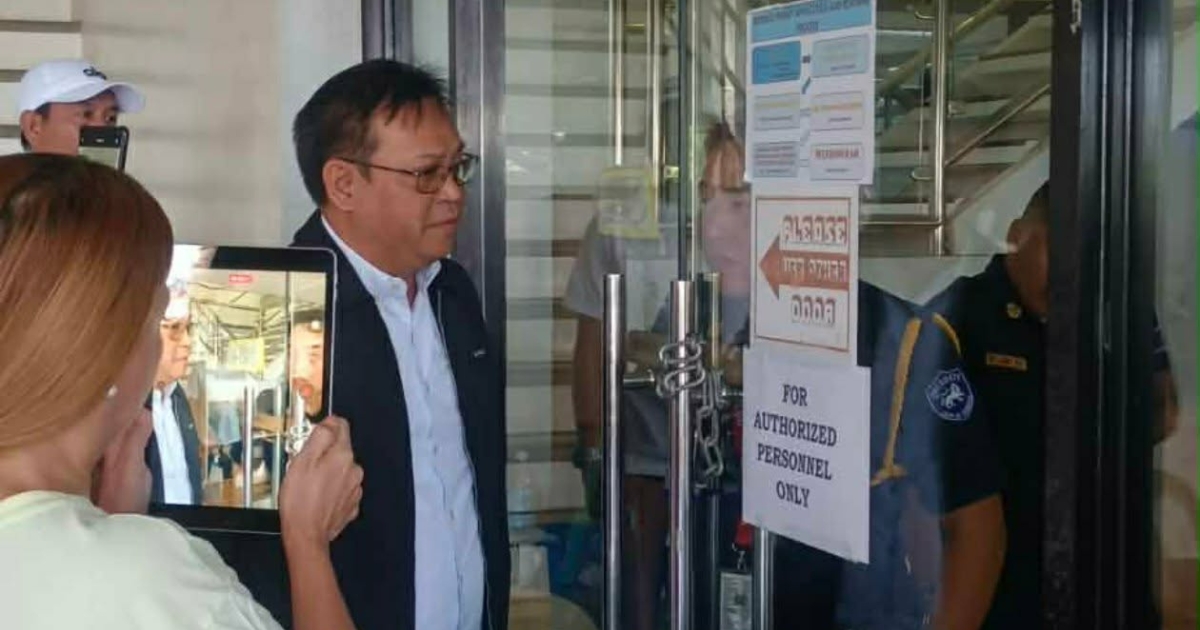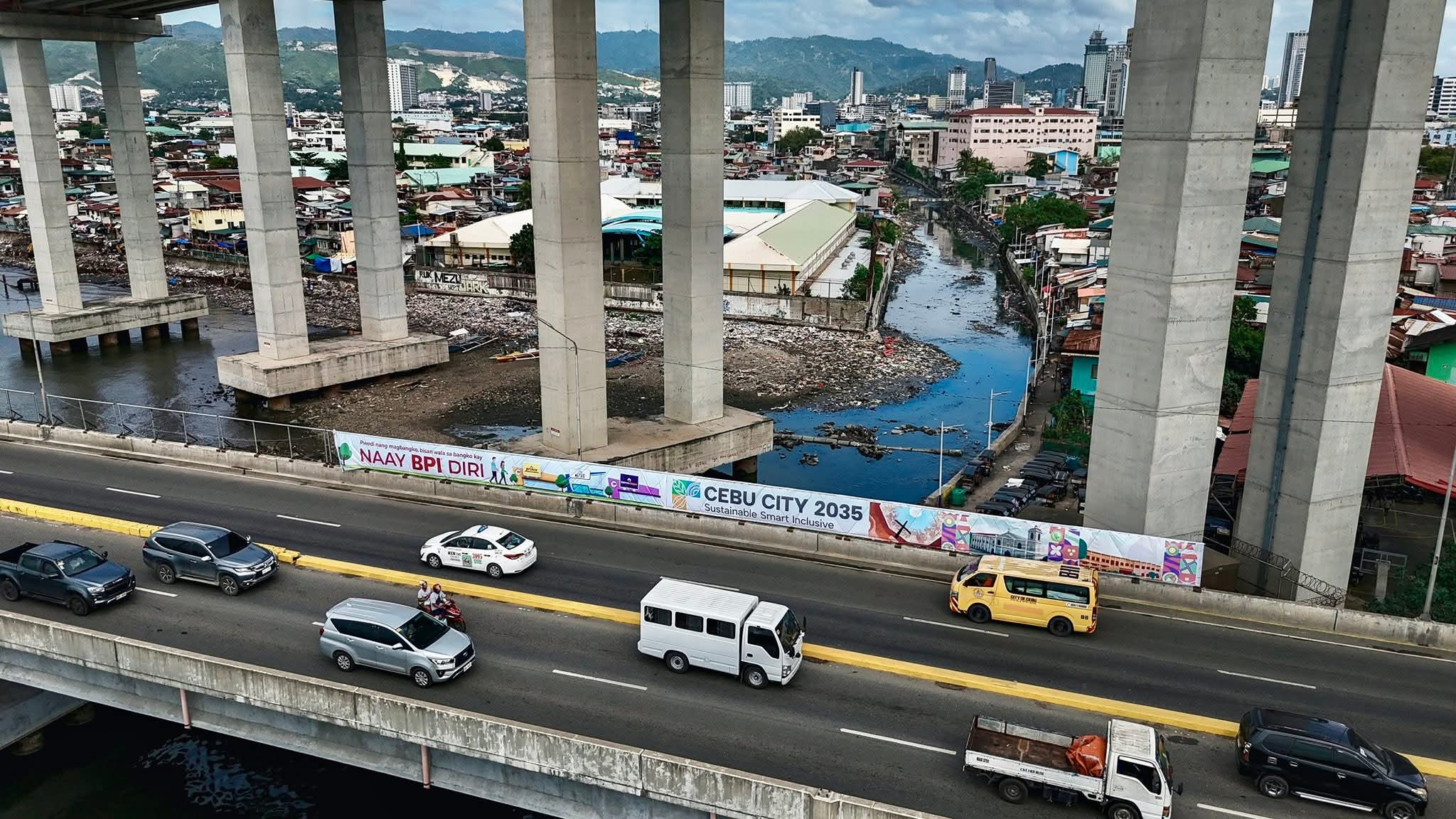WHEN Engr. Nestor Archival took his oath as Cebu City’s new mayor in July, he faced a daunting challenge: a P6.8-billion budget deficit, stalled infrastructure projects, and a bureaucracy long criticized for inefficiency.
Three months later, he is betting on one principle to turn things around — fiscal discipline.
In his first 100 days report delivered on October 16, Archival laid out a picture of a government that, for the first time in years, is living within its means.
He said City Hall’s sweeping cost-cutting measures, led by a manpower overhaul, generated P252.5 million in savings from personnel expenses alone.
The total workforce was reduced from 8,569 to 6,014, a 30-percent cut that, he said, was crucial to stabilizing city finances.
The move was controversial. Thousands of project-based workers lost their jobs, sparking criticism that the city’s ability to deliver services could suffer.
However, Archival defended the decision, saying the leaner workforce is part of a larger effort to instill accountability and efficiency in local governance.
The Office of the Vice Mayor, led by Tomas Osmeña, complemented the effort by reducing its own expenditures, saving P480 million, while City Hall’s fuel costs dropped by P3.5 million monthly.
These combined reforms, Archival said, helped reduce the city’s budget deficit by P832 million in just three months.
When he assumed office, Cebu City had P9.36 billion in cash deposits and expected another P3.515 billion in collections — still not enough to cover the P19.716 billion in forecasted expenses for the fiscal year.
The administration has since tightened spending and implemented new digital systems to improve revenue collection and minimize red tape.
Archival emphasized that social services and infrastructure remain at the center of his administration’s 10-point agenda.
He reported that 108 projects have already been rolled out across key sectors — health, housing, education, and traffic management.
Among these is the ongoing expansion of Guba Community Hospital, which now offers X-ray services and is preparing to accommodate more patients.
Free dialysis programs have begun in Barangays Talamban and Guadalupe, while the Champ medical assistance program continues to provide financial support, guaranteeing more than P37 million in aid.
In housing, the city secured P250 million from the National Government to construct multi-rise buildings in Barangay Kamagayan.
The administration is also racing to finalize the long-delayed 93-1 land swap deal with the Cebu Provincial Government before the end of the year, a decades-old issue that has kept thousands of informal settlers in limbo.
To improve mobility, the city has implemented e-traffic citation tickets to eliminate red tape and created a technical working group for the Cebu Bus Rapid Transit project.
An AI-powered unified command center is also being developed to enhance traffic and emergency response coordination.
Education and livelihood programs are likewise gaining traction.
The city lifted the Bureau of Internal Revenue certification requirement for Cebu City scholars to simplify applications and relaunched the 24/7 Cebu City Public Library as a study and resource hub.
A one-stop shop for business permits is also being set up to allow one-day processing.
Still, the administration’s biggest challenge may lie in restoring public confidence in the long-troubled Cebu City Medical Center (CCMC).
Once seen as a symbol of the city’s progress, the hospital has instead become a story of delays, legal disputes, and unfinished work.
In his report, Archival revealed that the city needs to spend an additional P403 million to fix structural deficiencies in the facility.
A recent audit by 25 volunteer engineers and architects found that four of the hospital’s construction phases, covering the ground to the third floor, need to be rectified before full operation.
Since 2014, the city government has paid about P940 million to five private contractors, with total project costs reaching P1.8 billion.
Beyond the numbers, Archival’s report painted the portrait of a mayor balancing austerity with ambition by cutting costs while pursuing projects meant to improve health care, mobility, and social welfare.
The key, he said, is having a clear direction and team alignment.


